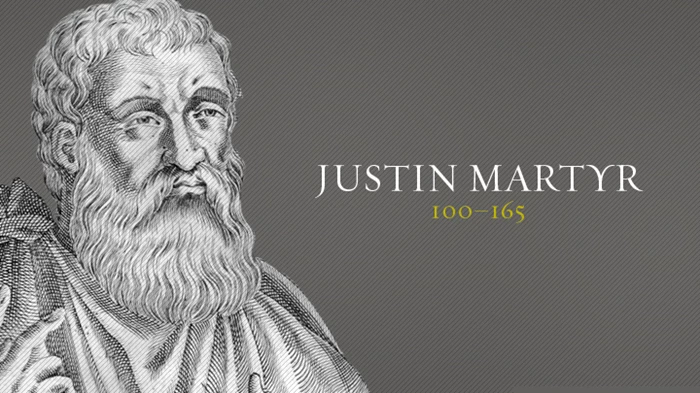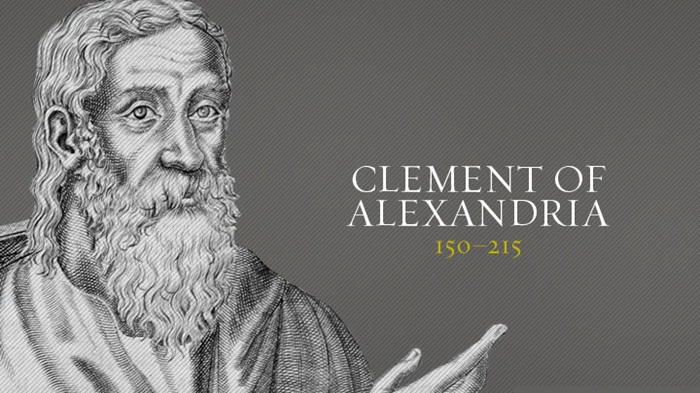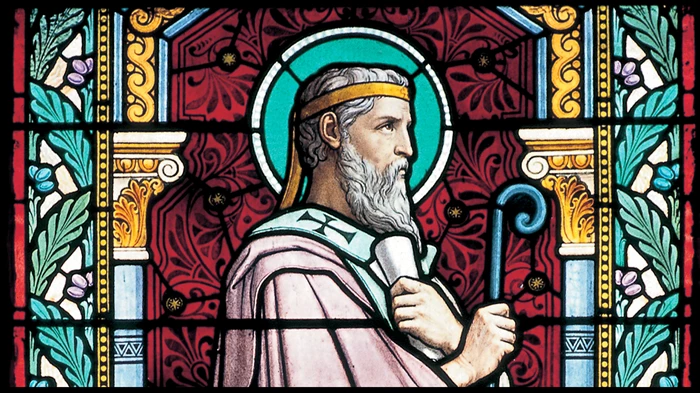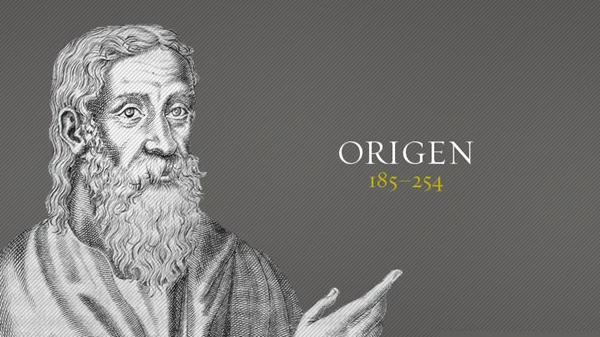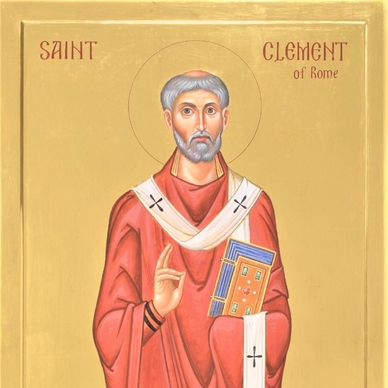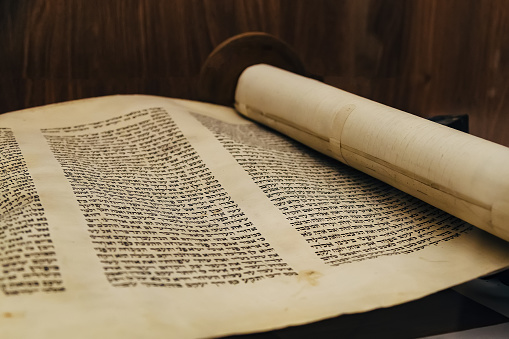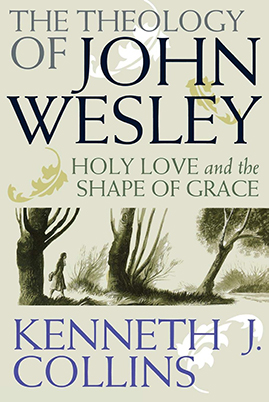Justin Martyr was one of the most important Christian Apologists in the second century. Not only do his writings explain the Christian faith, but they also represent one of the leading attempts to bridge the gap between Christianity and philosophy or faith and reason.[1] Some scholars consider Justin’s attempt to engage Christian faith in dialogue with philosophy to be his greatest contribution to Christian thought.[2] Actually, Justin did not put a clear distinction between theology and philosophy in his writings.[3] For instance, concerning creation, Justin connected Plato with Moses[4], and concerning eschatology, he showed some kind of coherence between the Christian views and the Stoic views[5]. In the Apologies, Justin’s methodology focuses on finding a shared language that can be used with Greeks, in addition it emphasizes on presenting the Gospel to win the readers to the Christian faith.
On the other hand, Tatian who was a pupil of Justin Martyr in Rome presented himself in his Address to the Greeks as an opposed thinker of Greco-Roman culture in all its forms and aspects.[6] He condemned all kinds of philosophies and ancient civilizations.[7] His discourse attacked Greeks and severely criticized their major philosophers in a very strict way. Tatian in his discourse neither offered a kind of warm invitation to embrace Christianity nor repeatedly mentioned Christ like Justin did[8], but he explained his Christian doctrines and invited Greeks to examine them.[9]
Actually, this difference between Justin and his disciple is rooted not only in the diversity of methodological approaches but also in the diversity of theological understanding concerning the logos and his relation to humanity. Justin illustrates that Christ is “the whole logos”, while the “seed of logos” implanted in every race of men and women.[10] Christ is “the logos of whom every race of men and women were partakers. And they who lived with the logos are Christians, even though they have been thought atheists”. [11] Consequently, Justin describes the Greek philosophers like Socrates and Heraclitus alongside the Old Testament’s prophets as Christians.[12] According to this understanding, Justin can accept this kind of philosophical writings which stands in harmony with the Christian revelation. For him, it is inspired by the “seeds of logos”. Moreover, he explains that the Greek philosophers like Socrates, by their true reasoning, were trying to deliver people from demons. So, the demons themselves attacked the philosophers by pushing people to kill them.[13]
On the other hand, it seems that Tatian had a different point of view. To understand that point of view, one must start from Tatian’s understanding of the first man. According to Tatian’s Address to the Greeks, there are two different components in the first man: “the soul” and the “image and likeness of God”.[14] The soul is not in itself immortal, it is darkness and there is nothing luminous in it. [15] Man can share in immortality with God through the image and likeness of God. Tatian linked the image of God to the power of the Logos. When the first man committed sin, the power of the Logos was taken from him. The “powerful spirit” was separated from him[16], and only the dark soul became his portion. The Logos is the light of God, and he is the only one who can enlighten the dark soul by the powerful spirit. But the Spirit of God is not with all, those who “are rejecting the minister of the suffering God” cannot attract to themselves the powerful spirit.[17] According to Tatian’s understanding, anyone who does not accept the minister of the suffering God cannot be considered a Christian. In other words, no one of the Greeks, ancient or contemporary, can be considered Christian unless he accepts the minister of the suffering God. Consequently, Tatian did not accept any kind of Greek literature because, according to his understanding, it is inspired by darkness.
Briefly, it can be concluded that the idea of the “seeds of logos”, according to Justin, enabled him to accept the Greek philosophers who seek the truth, while the absence of this idea in Tatian’s thought hindered him from doing so.
[1] Henry Chadwick, “Justin Martyr’s Defense of Christianity,” Bulletin of the John Rylands University Library 47 (1964/65), 275.
[2] David Rankin, From Clement to Origen the Social and Historical Context of the Church Fathers (Aldershot, England: Ashgate Pub, 2006), 102.
[3] Justin and Leslie William Barnard, The First and Second Apologies (New York: Paulist Press, 1997), 12.
[4] The First Apology: 59 in Leslie William Barnard, 64.
[5] The First Apology: 20 in Leslie William Barnard, 37.
[6] David Rankin, 104.
[7] Tatian’s Address to the Greeks, II, III, accessed March 12, 2014, http://www.earlychristianwritings.com/text/tatian-address.html.
[8] Gerald F. Hawthorne, “Tatian and His Discourse to the Greeks,” Harvard Theological Review 57, no. 3 (1964), 161.
[9] Tatian’s Address to the Greeks, XLII.
[10] The Second Apology: 8 in Leslie William Barnard, 79.
[11] The First Apology: 46 in Leslie William Barnard, 55.
[12] Ibid.
[13] The First Apology: 5 in Leslie William Barnard, 26.
[14] Tatian’s Address to the Greeks, XII.
[15] Ibid, Xlll.
[16] Ibid, Vll.
[17] Ibid, Xlll.


